
Shady Part of Me: A Touching Puzzle Adventure of Light and Shadow
Contents
A little girl sits on a swing, her silhouette swaying against a dim backdrop. Her words reveal anxieties about growing up, about the world around her, about everything. Suddenly, thorny bushes encroach, and she flees. In this pursuit, the player realizes the figure is a shadow, seamlessly transitioning from floor to wall in a cleverly designed environment. This captivating introduction is merely the beginning of a magical journey in Shady Part of Me.
 Opening Scene
Opening Scene
A Little Girl Lost in Shadow
Following the striking introduction, we meet another little girl, not a shadow, but a real child awakening in a lonely, dark room, reminiscent of the opening of Little Nightmares. She mumbles in her sleep, feeling abandoned by the world. Fearful of the light, she finds solace only in the shadows, believing they offer protection. She navigates dark corridors filled with haunting imagery, reflecting a child’s skewed and sorrowful perception of a world that doesn’t seem to understand her.
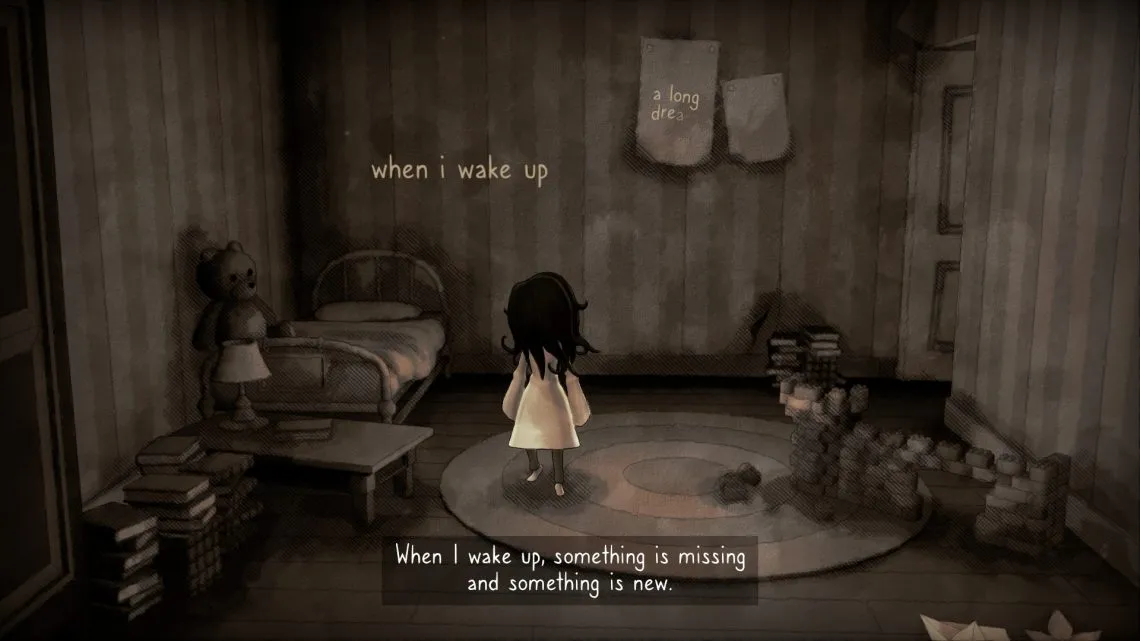 The Girl in the Dark
The Girl in the Dark
Then, the girl and her shadow meet. These two lonely entities seem drawn to each other yet remain separate. Having spent so long in darkness, her shadow exists independently, yet their shared anxieties and loneliness forge a bond, transforming them into unlikely companions.
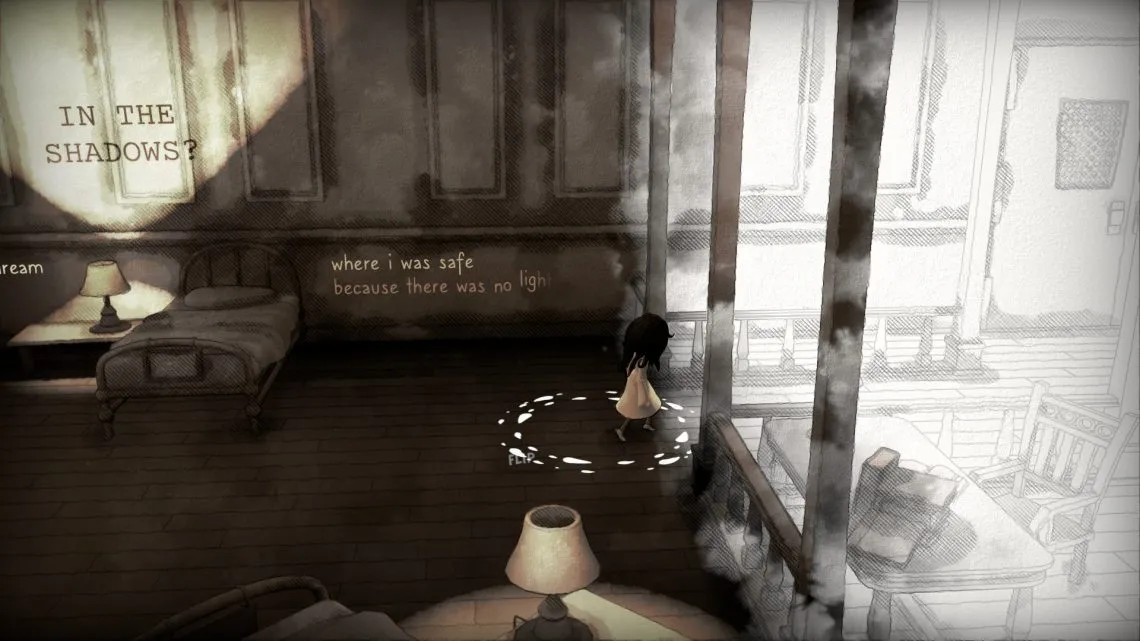 Girl and Shadow
Girl and Shadow
A Story Told in Light and Shadow
Shady Part of Me‘s narrative unfolds within a grayscale world brimming with unique visuals and beauty. The interplay of light and shadow, the childlike innocence juxtaposed with anxieties about a seemingly hostile world, evoke a style reminiscent of Limbo and Inside, yet retains a distinct creativity. The dual-character narrative creates unique conflicts and perspectives, exploring heavy themes like abandonment, self-harm, and suicidal ideation with a sensitivity that acknowledges the unique fears and innocence of both characters, separate yet one. Hannah Murray’s evocative voice acting further strengthens the player’s connection to the story. While thematically similar to Ever Forward, Shady Part of Me delivers a more compelling and well-crafted narrative.
Illuminating Puzzles
The puzzles in Shady Part of Me revolve around manipulating light and shadow. Players alternate control between the girl, navigating a 3D environment, and her shadow, traversing the 2D plane of ceilings, walls, and floors. They collaborate to solve light-based puzzles. The girl moves objects to cast new shadows of varying sizes and positions, while her shadow can manipulate existing shadows to adjust light sources, enabling the girl to progress safely.
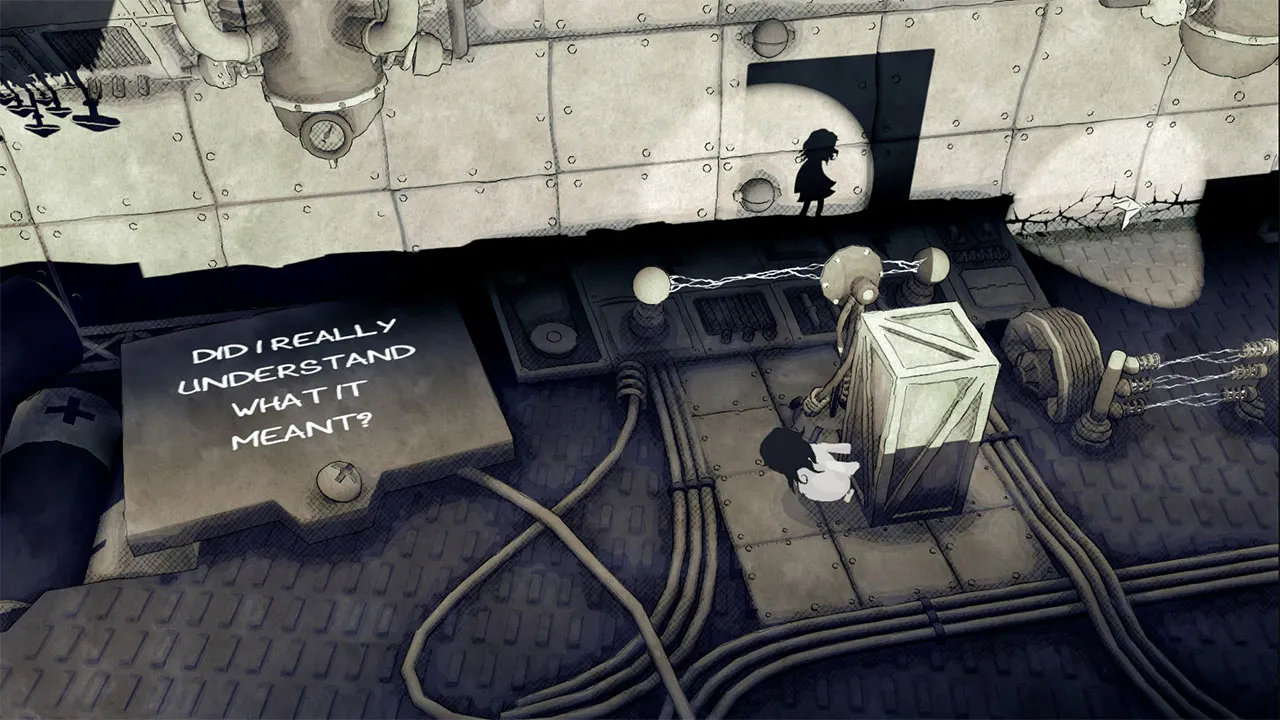 Puzzle Mechanics
Puzzle Mechanics
Uniquely, the puzzles don’t necessarily increase in complexity, but rather serve the narrative progression. Each puzzle is carefully placed, its pacing and structure intimately tied to the storytelling. When the girl and her shadow explore their relationship, the puzzles emphasize collaboration and interaction. During moments of introspection and questioning, the puzzles become longer, more isolated, and slower, allowing players to connect more deeply with the characters. This approach ensures that the puzzles feel meaningful and integral to the journey, adding weight to the narrative, especially as new mechanics are introduced later in the game.
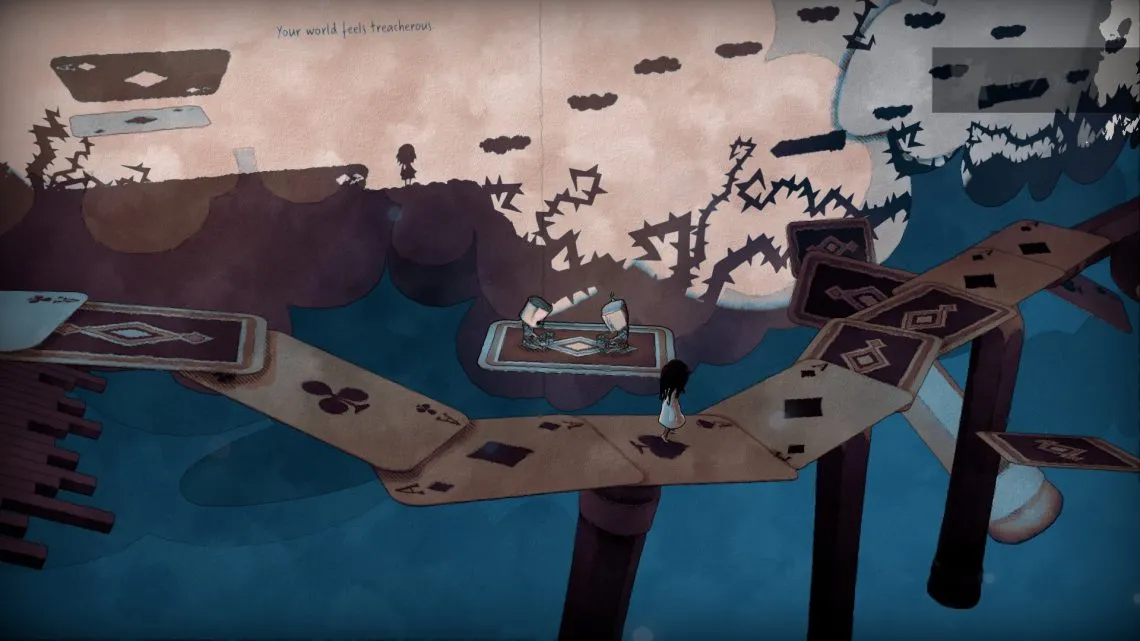 Puzzle Design
Puzzle Design
Conclusion
Shady Part of Me is more than just a puzzle game. It’s a poignant exploration of a young girl’s inner struggles, brought to life through innovative gameplay and a captivating narrative. The clever use of light and shadow mechanics, combined with the emotionally resonant story, creates a truly memorable experience.
Game Information
- Developer: Douze Dixièmes
- Publisher: Focus Home Interactive
- Genre: Puzzle
- Release Date: December 11, 2020
- Platforms: Nintendo Switch, PlayStation 4, Xbox One, Microsoft Windows
System Requirements (Minimum)
- OS: Windows 7/8/10 (64-bit)
- CPU: AMD Athlon II X2 250 / Intel Pentium Dual-Core G645
- RAM: 4GB
- GPU: 1 GB VRAM, AMD Radeon HD 5670 / Nvidia GeForce GT 440 / Intel HD 5200
- Storage: 3GB
System Requirements (Tested)
- OS: Windows 10 Pro 64-bit
- CPU: R7 4800
- RAM: 16GB
- GPU: Nvidia RTX 2060
- Storage: Samsung SSD 850 EVO 250GB
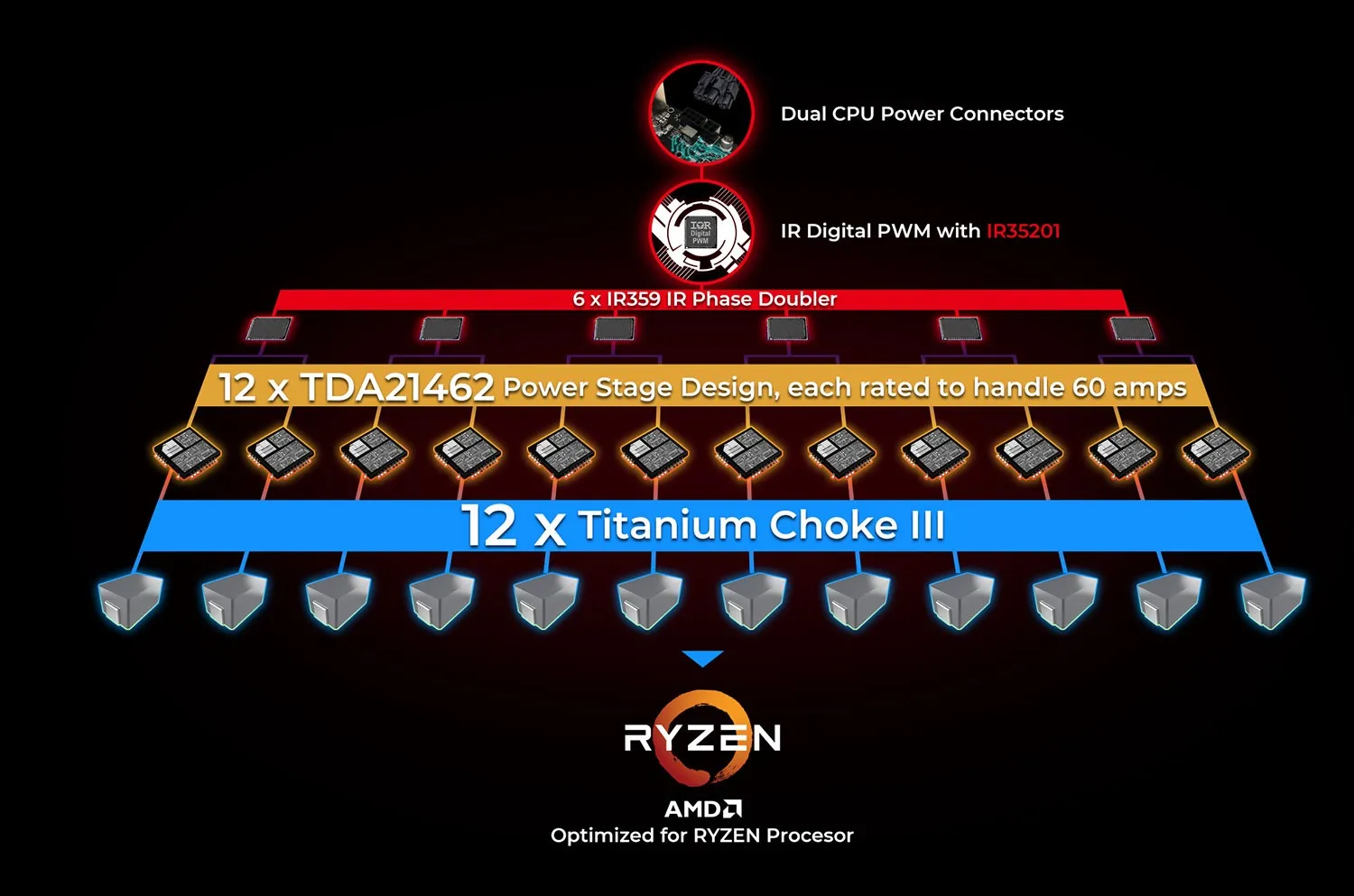
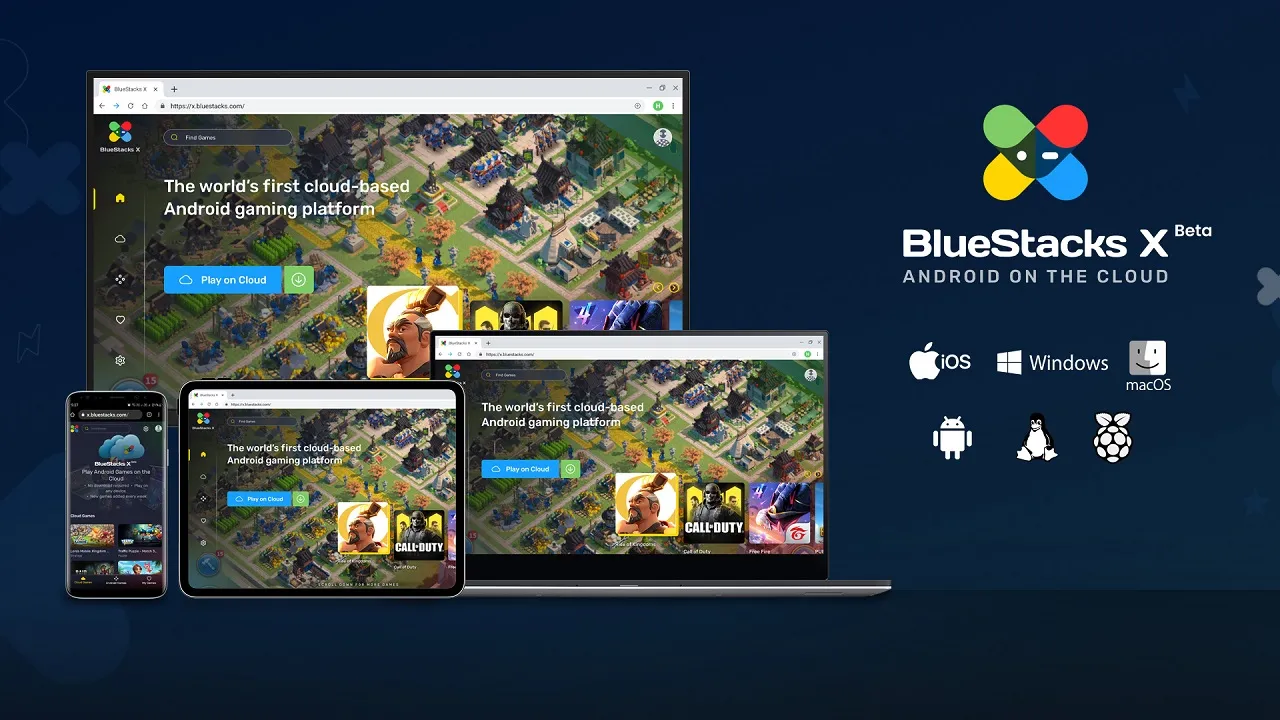
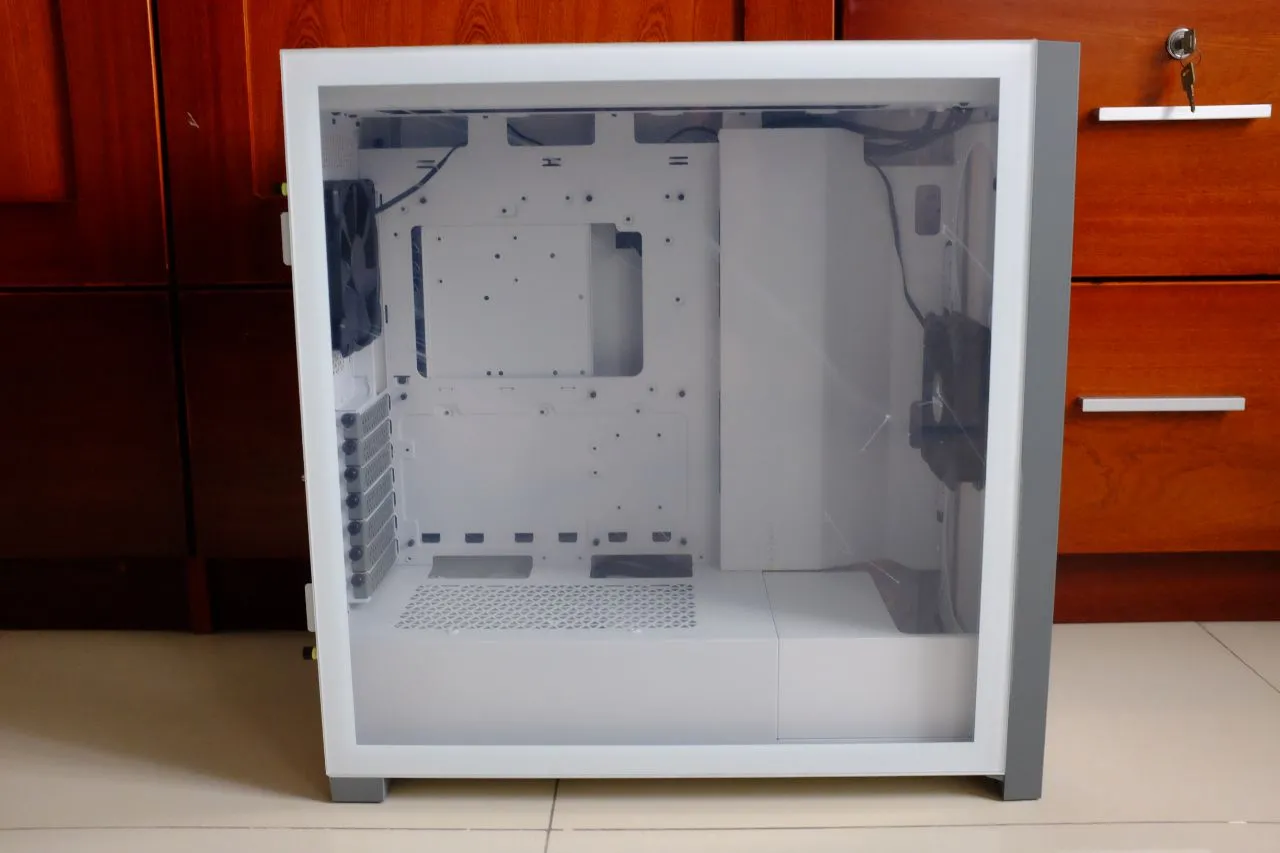
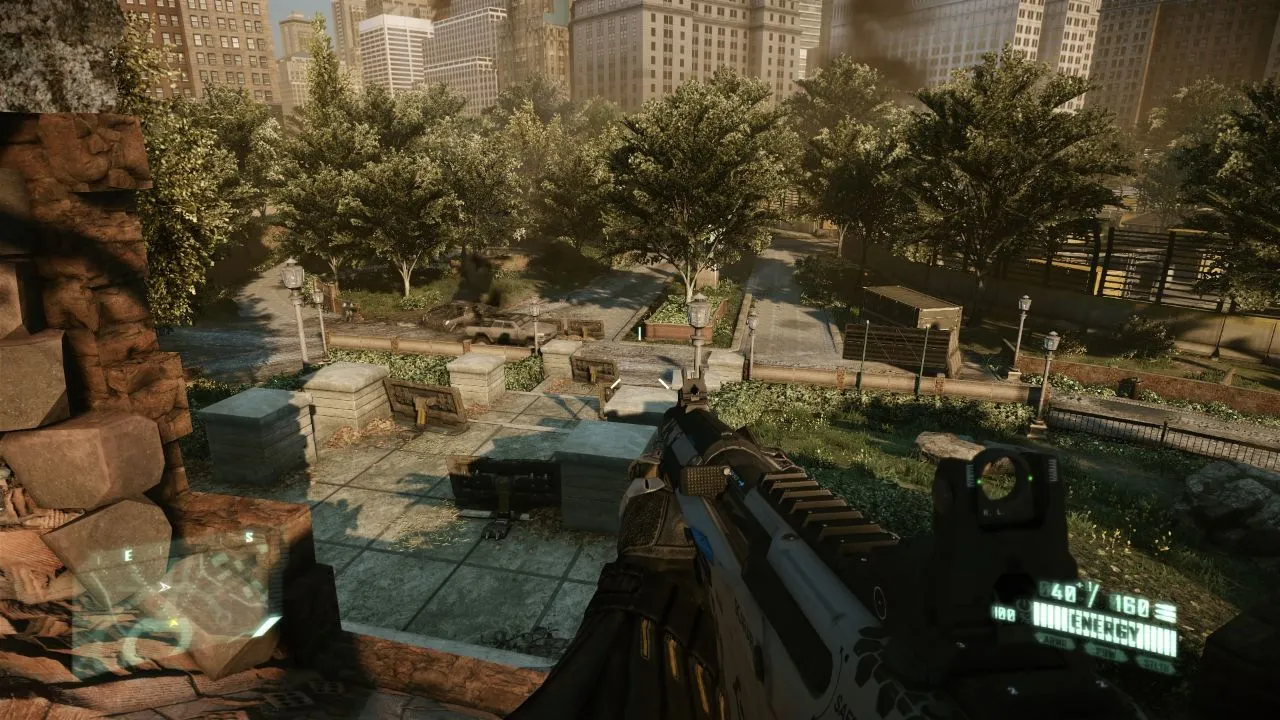
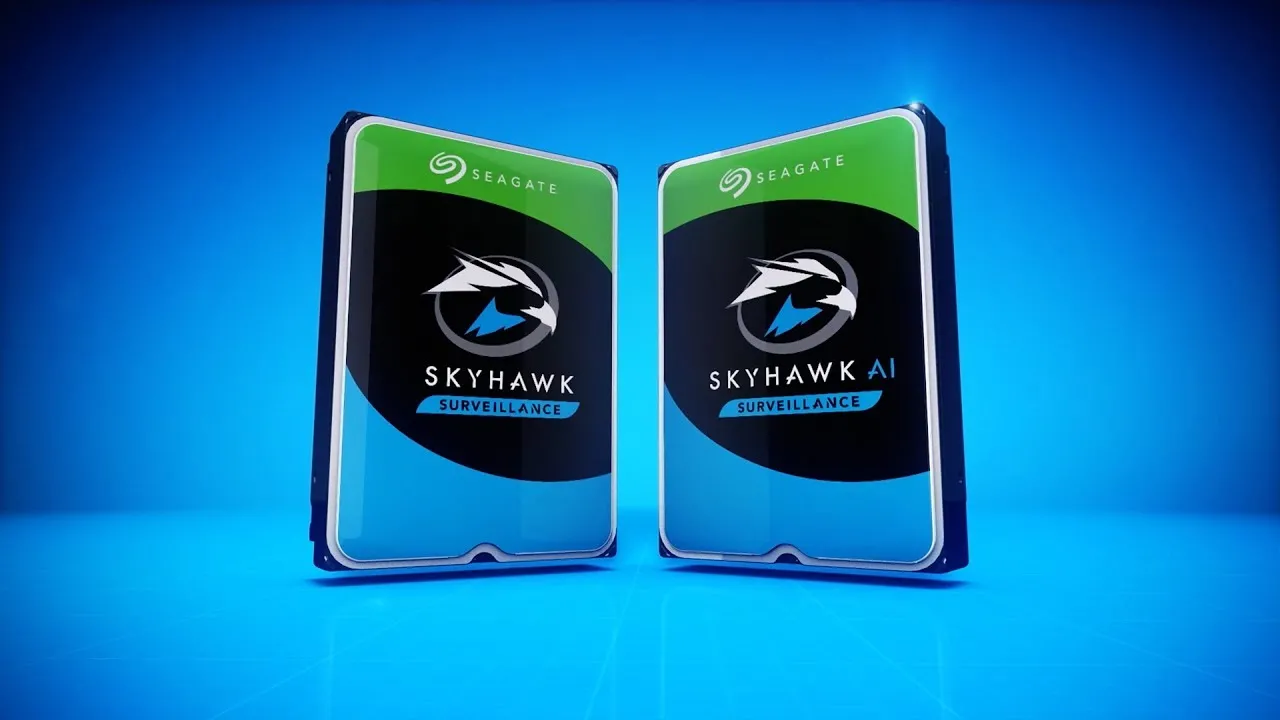
Comments (0)